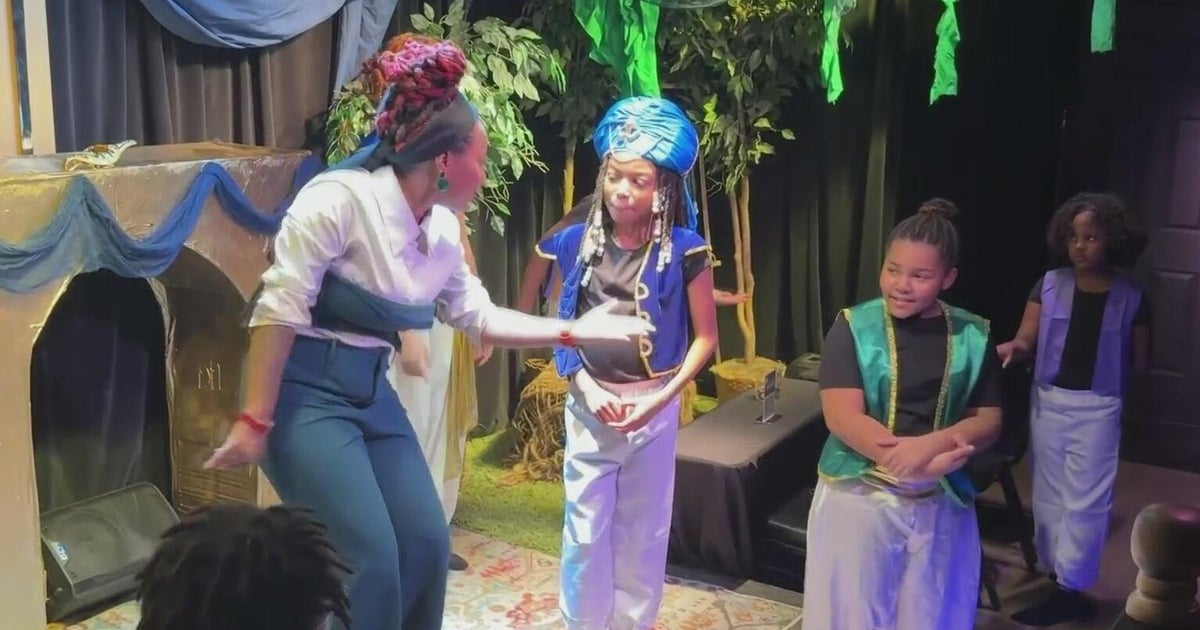Good Question: What Second Language Should Our Children Learn?
MINNEAPOLIS (WCCO) -- Language immersion programs have been growing in Minnesota as more and more parents want their kids to learn another language.
There were fewer than 30 programs in the state just ten years ago, and now there are more than 70.
When you ask people on the street what second language they would want for their children, the answers range from Spanish, to Mandarin, to Russian, to even English.
Dr. Elaine Tarone, director of the University of Minnesota's Center for Advanced Research on Language Acquisition, says parents should not focus on one specific language, but rather on making sure their children do learn a second language growing up.
"We know from the research that once a child has learned a second language, then it is easier to add a third," Tarone said. "You've learned how to function with two languages, you've learned how to adjust your speech to different people for different purposes, your executive function has benefited and now you know how to add a third language."
Only 18 percent of Americans speak more than one language, according to U.S. Department of Education Secretary Arne Duncan. It is 53 percent for Europeans. Research has shown a second language can improve a person's cognitive functions.
Tarone enrolled her daughter in a Spanish immersion school when she was young. Of the 10 percent of Minnesotans who speak two or more languages, a little more than a third (36 percent) speak Spanish.
"Spanish is spoken outside of the classroom more than any other language in Minnesota," Tarone said. "The question is, you know, what communities do we need to interact with, do we want to interact with."
The United Nations estimates India's population will be 1.7 billion people by 2050, surpassing China's 1.3 billion. Nigeria is expected to grow to 400 million and the estimate for the U.S. is 389 million.
Tarone does not believe that people should necessarily all start taking Chinese or Hindi.
"In India, I think many people there already speak English," she said. "India has more than just Hindi, there are several different languages in India. The same rings true for China and business dealings in China. Though Mandarin is the most popular Chinese dialect, there are many different languages spoken there."
Tarone would also consider what role the language might play in a child's life. For example, Arabic might be a good idea for families who speak that language at home.
One Minneapolis woman says her children speak fluent English and Amharic, a popular language in her home country of Ethiopia.
"It's good knowing your own family's language, because when you don't, you feel disconnected when you grow up," she said.
The Minnesota Advocates for Immersion Network says there are just over 70 language immersion programs in Minnesota. Slightly fewer than 50 are Spanish, 10 are Mandarin and seven are French.
"I would say the most important thing is to find a good program with good teachers because you want that first learning experience to be a successful one," Tarone said.
She adds that parents should find the best elementary school immersion program with the best teachers, because success at learning that language is important later on.







